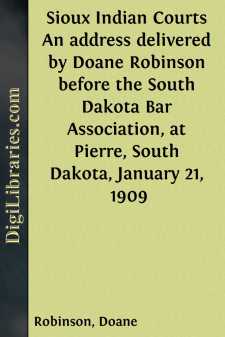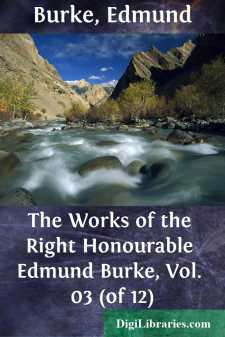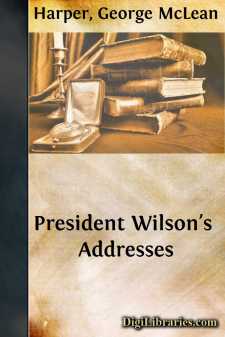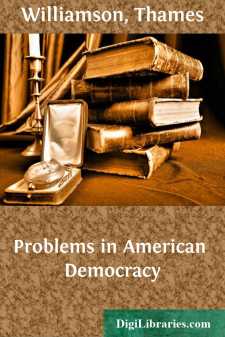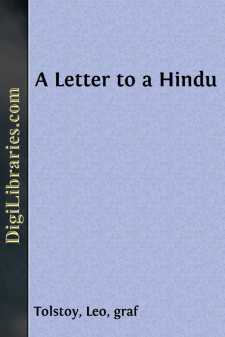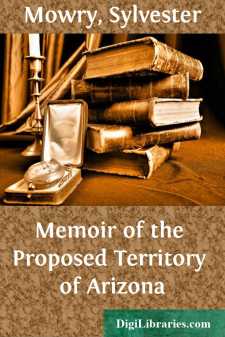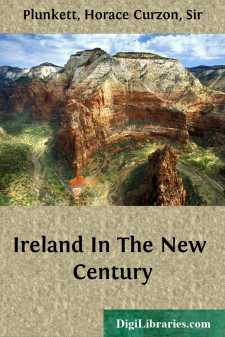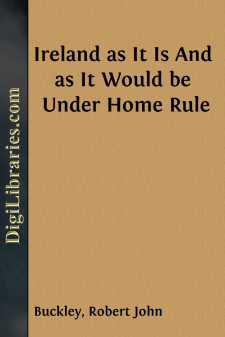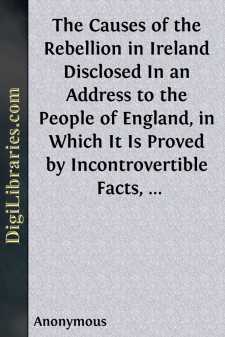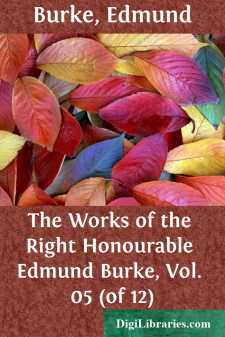Political Science
Political Science Books
Sort by:
by:
Doane Robinson
SIOUX INDIAN COURTS In their primitive life the Sioux Indians of North America had an intelligent system of jurisprudence, varying somewhat in the different bands, as our court practice varies in the several states, but nevertheless recognizing the same general principles throughout the confederacy. It is not an easy thing to determine the laws or the practices of an unlettered people, who have...
more...
by:
Edmund Burke
SPEECH. The times we live in, Mr. Speaker, have been distinguished by extraordinary events. Habituated, however, as we are, to uncommon combinations of men and of affairs, I believe nobody recollects anything more surprising than the spectacle of this day. The right honorable gentleman whose conduct is now in question formerly stood forth in this House, the prosecutor of the worthy baronet who spoke...
more...
[Delivered at the Capitol, in Washington, March 4, 1913.] There has been a change of government. It began two years ago, when the House of Representatives became Democratic by a decisive majority. It has now been completed. The Senate about to assemble will also be Democratic. The offices of President and Vice-President have been put into the hands of Democrats. What does the change mean? That is the...
more...
PREFACE There is an increasing demand for a textbook which will bring the student into direct contact with the great current issues of American life, and which will afford practical training to those who soon must grapple with the economic, social, and political problems of our own time. It is with the hope of meeting such a demand that this text has been prepared. The plan of the book calls for a word...
more...
by:
Leo Tolstoy
INTRODUCTION The letter printed below is a translation of Tolstoy's letter written in Russian in reply to one from the Editor of Free Hindustan. After having passed from hand to hand, this letter at last came into my possession through a friend who asked me, as one much interested in Tolstoy's writings, whether I thought it worth publishing. I at once replied in the affirmative, and told him...
more...
by:
Sylvester Mowry
"The NEW TERRITORY of ARIZONA, better known as the GADSDEN PURCHASE, lies between the thirty-first and thirty-third parallels of latitude, and is bounded on the north by the Gila River, which separates it from the territory of New Mexico; on the east by the Rio Bravo del Norte, (Rio Grande), which separates it from Texas; on the south by Chihuahua and Sonora, Mexican provinces; and on the west by...
more...
CHAPTER I. THE ENGLISH MISUNDERSTANDING. Whatever may be the ultimate verdict of history upon the long struggle of the majority of the Irish people for self-government, the picture of a small country with large aspirations giving of its best unstintingly to the world, while gaining for itself little beyond sympathy, will appeal to the imagination of future ages long after the Irish Question, as we know...
more...
Irish Loyalists will not soon forget the early part of 1893. Arriving in Dublin in March, it at once became evident that the industrial community regarded Home Rule, not with the academical indifference attributed to the bulk of the English electorate, but with absolute dismay; not as a possibility which might be pleasantly discussed between friends, but as a wholly unnecessary measure, darkly...
more...
by:
Anonymous
CAUSES OF THE REBELLION, &c. &c. FELLOW SUBJECTS, It is always a bold undertaking in a private individual to become the advocate of a suffering people. It is peculiarly difficult at the present moment to be the advocate of the people of Ireland, because there are among them men who have taken the power of redress into their own hands, and committed acts of outrage and rebellion which no...
more...
by:
Edmund Burke
LETTER TO HIS GRACE THE DUKE OF PORTLAND. My dear Lord,—The paper which I take the liberty of sending to your Grace was, for the greater part, written during the last session. A few days after the prorogation some few observations were added. I was, however, resolved to let it lie by me for a considerable time, that, on viewing the matter at a proper distance, and when the sharpness of recent...
more...


